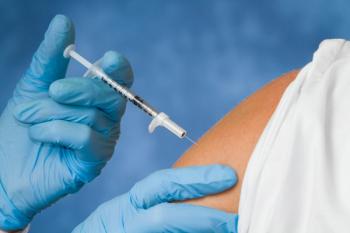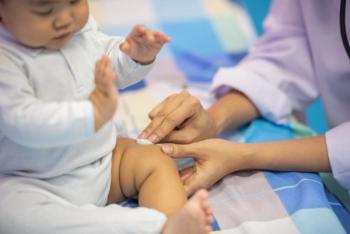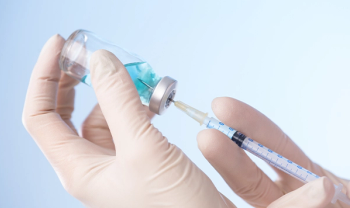
COVID-19 Vaccination and People with MS: T Cells Boosted, Antibodies Not So Much
Research shows that patients with multiple sclerosis who have been treated with drugs that target CD20 B cells drugs, such as Ocrevus and Rituxan, tend to have a weak antibody response. But cellular immunity and T cells are activated. The results suggest a need for vaccines that boost T cells.
Multiple sclerosis (MS) patients receiving anti-CD20 monoclonal antibody therapies, such as Ocrevus (ocrelizumab) and Rituxan (rituximab), are especially vulnerable to infection with SARS-CoV-2, the virus that causes COVID-19
MS patients are vulnerable because of acquired B-cell depletion and impaired antibody production in response to virus infection and COVID-19 vaccination,
“Anti-CD20 therapy targets B-cells for elimination and thus, we expected MS patients receiving this therapy to have problems generating antibodies after vaccination. For this reason, we decided to also focus on the other major branch of the adaptive immune system: the cellular response and the role of T-cells,” Alfonso tells Managed Healthcare Executive®.
Related:
The researchers analyzed humoral and cellular responses in a group of MS patients being treated with anti-CD20 therapy compared with a healthy control cohort during the first six months after a 2-dose cycle mRNA-based COVID-19 vaccination.
They found that both IgG antibodies recognizing receptor binding domain (RBD) from SARS-CoV-2 spike protein and their blocking activity against RBD-hACE2 binding were significantly reduced in the MS patients treated with the anti-CD20 therapy, with a seroconversion rate of only 23.8%.
Even under conditions of severe B-cell depletion and failed seroconversion, a significantly higher polyfunctional IFNγ+ and IL-2+ T-cell response and strong T-cell proliferation capacity were detected compared with controls. The researchers found no difference in T-cell response between forms of disease (relapsing remitting versus progressive MS), anti-CD20 therapy administered, and type of mRNA-based vaccine received.
“These results suggest the generation of a partial adaptive immune response to COVID-19 vaccination in B-cell depleted MS individuals driven by a functionally competent T-cell arm,” Alfonso wrote.
Understanding that MS patients treated with the anti-CD20 drug that failed to seroconvert but are still able to develop a T-cell response raises the issue of whether vaccine developers might want to focus on vaccines that would trigger the cellular arm of the immune system, observes Alfonso. “Some of the vaccines that are currently being tested have this design. In addition, these vaccines can also incorporate other viral targets beside the virus spike protein,” he says.
In the future, Alfonso and team would like to know the immune response that anti-CD20 treated MS patients develop after receiving vaccine boosters and SAR-CoV-2 infections.
Newsletter
Get the latest industry news, event updates, and more from Managed healthcare Executive.























